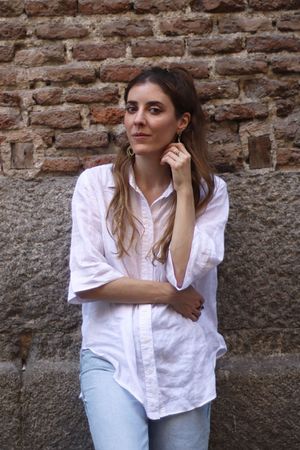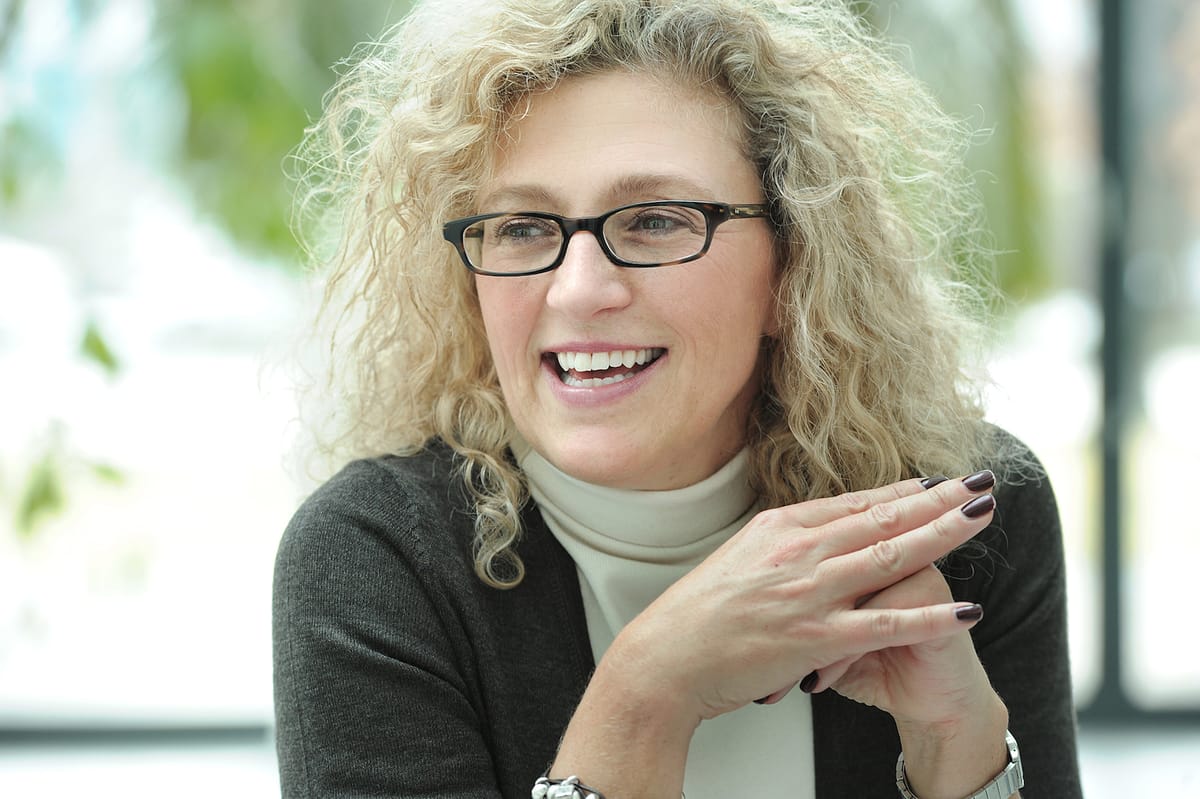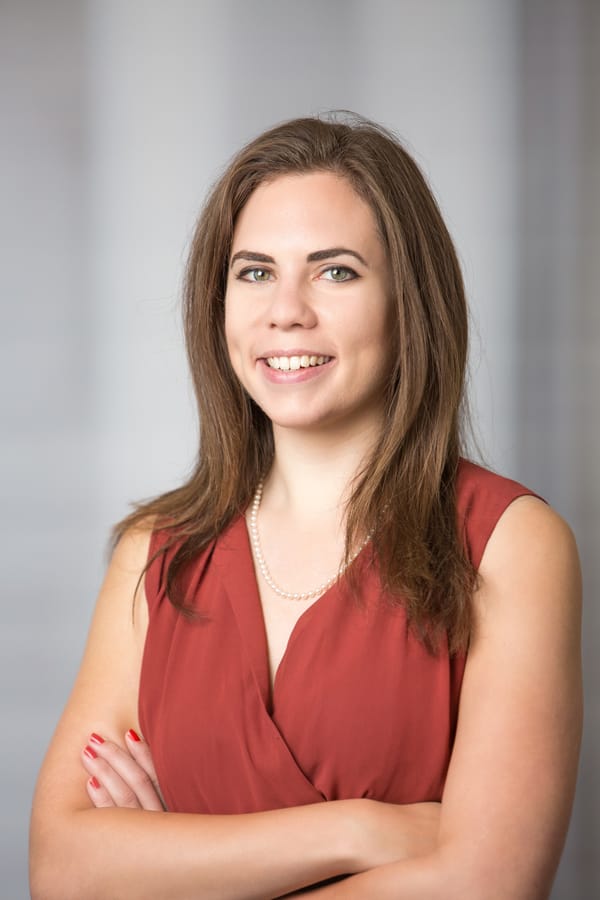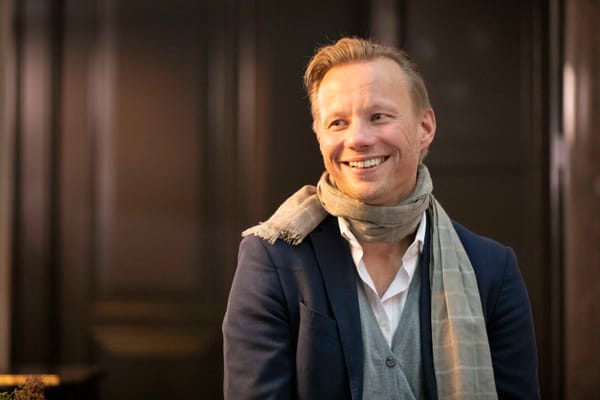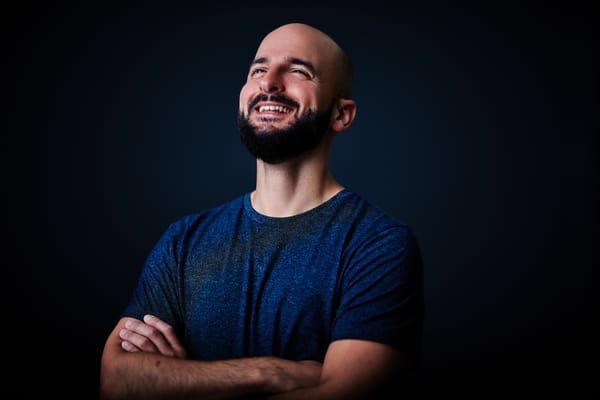Munich, Germany
In 2005, the inception of the world's first startup accelerator, Y Combinator, marked the beginning of a global trend, with the accelerator concept rapidly picking up steam and fostering innovation worldwide. Since then, accelerator programs have become a crucial waypoint in early-stage startup growth, equipping founders with essential resources and knowledge to transform their ideas into attractive investments for angel investors, VCs, and the like.
While there are numerous benefits to participating in a startup accelerator, the ongoing, dynamic interactions with seasoned entrepreneurs, investors, and industry experts often give early-stage founders the edge needed to face the inevitable challenges that occur on the path to profitability and business growth.
US-born international executive, CMO, entrepreneur, and advisor Claudia Bacco has been sharing her knowledge with founders in the European startup ecosystem for over nine years.
Drawing from more than two decades of B2B marketing expertise, Claudia mentors at the German chapter of the Founder Institute. After meeting the director of FI Munich through a business networking group at an expat association, she was invited to join the mentoring team.
"The more we talked about business experience, he felt I could be a good addition to the mentoring team for FI. Having not been in Munich very long, I liked the idea of getting more involved in the startup community to meet other like-minded people," Claudia recalls.
The Founder Institute was established in 2009 and is currently the world's largest pre-seed startup accelerator. The organization has played a pivotal role in helping over 7,000 entrepreneurs raise $1.75 billion in funding. After it was founded in Cambridge, Massachusettes, Founder Institute moved to Silicon Valley, where it's headquartered today. They currently boast a presence in 100 countries.
Leveraging her corporate background
Claudia's experience spans startups to Fortune 500 companies, with a CV that includes senior marketing roles at Juniper Networks, Vanu Inc, AGT International, Frequentis, and Nokia. After years of navigating corporate marketing's complexities, she began her entrepreneurial journey in early 2019 when she founded Grand Prix Marketing Consultants.
Many find motivation to act as a mentor in the desire to exchange ideas, share their insights, and learn from others. For Claudia, this rings especially true.
"I learn something every time I talk to the founders. They have such amazing ideas — things, you know, I've never thought of. People with amazing ideas that they want to bring to life."
Claudia leaped into mentorship before starting the business she runs today. However, she felt confident she could bring valuable business expertise and a good understanding of how to scale a company to the table. She wears multiple hats today as she balances her marketing consultant, CMO, and mentor roles.
"When I look at myself versus a lot of the other mentors, you have many people with serial startup experience."
"What I can give to them [founders] is more of what happens as the company scales, because the way you run a business as a startup versus the way you run it when you're a grown-up business, there's a lot of different things that you have to think about, and you might do things differently," she explains.
"When you are a startup, the way of working is really 'all hands on deck' without so many silos as you might find in a grown-up company. Flexibility is key in startups, and also the ability to make decisions and act on them without as much detailed analysis as in a grown-up organization."
With extensive cybersecurity, telecommunications, and IT networking experience, Claudia's technological knowledge and diverse expertise bring specialized value to her mentorship, offering insights relevant to the respective industries where the founders she mentors work.
Reflecting on her mentoring approach, Claudia emphasizes constructive feedback and suggestions for improvement.
"I think I'm a tough mentor. But I think that that's absolutely how I was as a leader in the corporate world"
"I always try to say not only why [I don't understand something in a founder's pitch] — which is kind of where they ask the mentors to stop. I don't think that's fair. I usually go beyond that and [say] here's something you could do to improve it," she says.
During a recent Founder Institute cohort, she recalls an interaction with a cybersecurity startup: "After their first pitch, I questioned why their product was needed by their target market. I explained why I felt this way based on my experience in cybersecurity and what I thought was a more realistic fit, and they found this very helpful."
This was such an impactful moment for the founder that they decided to extend their collaboration with Claudia beyond the program; today, she is an advisor for the company.
How to think about startup accelerators
The Founder Institute's Core Program is tailored for idea-stage founders, first-time entrepreneurs, individuals transitioning from employee to entrepreneur, and small pre-funding teams. Claudia says the program's high standards stand out as one of its major differentiators in the accelerator world.
"I think what's different about the Founder Institute is that there are really high expectations. Founders don't always make it through the program, so there is really a stake in the ground there. You have to be involved; we expect you to do something. We expect you to deliver."
Nine-plus years of mentoring experience and working with startups have shown Claudia that founders often worry accelerators are "going to take too much equity in my company." Because of this, some founders avoid accelerators altogether. In this regard, Claudia appreciates the balance that FI offers: about 2/3 of the way through each program, companies pledge 2.5% of their future equity.
Although accelerator programs serve as an excellent opportunity for founders to receive guidance, refine their business strategy, and absorb diverse perspectives, Claudia recommends practicing a healthy level of discernment when deciding where to apply.
"Accelerators keep you relevant. They keep you engaged in new topics because you can't possibly keep up with everything new just by what you happen to read online. But there are so many of them now. You can probably apply to one every week. Then you risk getting diluted from your focus on building your business if you're doing too many."
This, of course, begs the question: How do I select the program that best aligns with my goals?
Claudia recommends "to think about what your topic is." She says, "A lot of accelerators are niche-topic focused, and then there are accelerators that are more general. Then there are other ones that are focused on specific industries and even specific topics within industries."
She adds, "If you have a very niche idea, then it makes more sense to try to get into one of the accelerators that focus on your idea. You'll get better feedback, and you'll get better support in the future as far as introductions and networking and funding opportunities."
The Founder Institute offers an inclusive program for various startups, not limited to a specific technology or target audience. It's an excellent opportunity for early-stage founders to get broader, more practical feedback on elements such as go-to-market strategies, sales, legalities, and incorporation.
As startups progress and refine their niche, accelerators tailored to specific sectors like Fintech, Blockchain, and Greentech can be a big step up, providing targeted mentorship, networking opportunities, and resources.
Common challenges for early-stage founders
In her experience mentoring early-stage founders and entrepreneurs, Claudia notes a strong fixation with online presence and social media among the most prevalent roadblocks to startup success. She also says that clarity about your competitive differentiators is crucial.
Claudia sees many founders as excessively concerned with having a perfect digital image and cautions them not to put the cart before the horse. "Yes, it's important that you make a good impression. But if you aren't thinking about how you're actually driving traffic, then it doesn't matter how much time and effort you put into [crafting your online presence]," she says.
"If nobody finds you, it doesn't matter how great you are."
In an intensive program like the Founder Institute's accelerator, it's not uncommon for some startups not to make it across the finish line. Often, this can be attributed to ideas lacking the necessary robustness to thrive in competitive markets.
"If I look at some of the startups that start in the cohorts and didn't make it to graduation or sort of just like faded away after graduation, I feel like their ideas weren't differentiated enough," she says. Claudia sees this as one of the primary causes of early-stage startup failure.
"They had an idea that was really similar to other things in the market, which is a great inspiration; understanding the competition is one of the most valuable things to do. But they didn't have enough clear differentiation versus other solutions that were already mature."
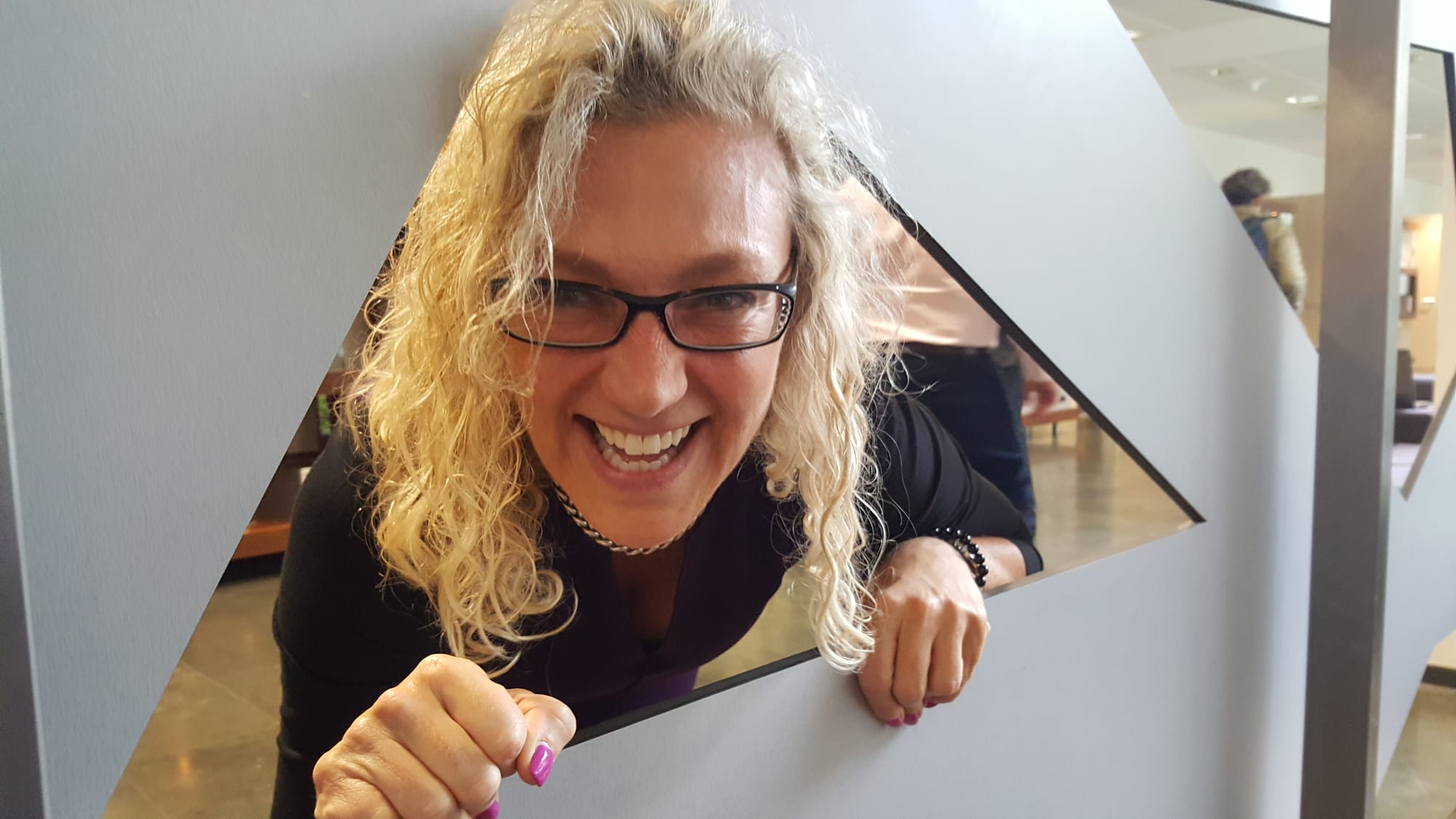
Setting yourself up for success
If we've defined why they fail, what makes a startup promising and likely to succeed? For Claudia, the answer lies in focus, clear priorities, and avoiding the pitfalls of perfectionism.
"They have lots of great ideas, otherwise they wouldn't be entrepreneurs, and they want to get them all out. But you're a startup, you don't have a lot of resources; you don't have a lot of funding. You can't do ten things well."
Claudia recommends a relentless focus on your number-one priority, creating a list of "maybe later" ideas and objectives — and not to be tempted to even "do three things, get distracted, and [then you] can't execute." If you don't focus, "that's a good path to failure," she says.
Adding to what makes a startup succeed in the context of accelerator programs, she also cautions founders not to put "get as much funding as possible" on their list of priorities. Claudia says clarity, open-mindedness, and a willingness to learn are much more important. These qualities help you commit to the challenging process of participating in a startup accelerator.
"Some startups are like, 'I'm just going to apply to all the accelerators I can,' and then they're not really committed to going through the process. They just want the funding. That's never a good scenario."
Mentorship as a catalyst for growth
Reflecting on her diverse career, Claudia sees mentorship as a gateway to new possibilities.
"I've done everything but be a VC. I've been at a startup; I've been at a Fortune 100 company. I've lived in different places and worked in different geographies, and so I feel really lucky to have had all those different opportunities. And I think mentorship lets me continue to have new opportunities," she says.
"I am trying to get into some new topics. I work in aviation but I'm getting more and more involved in drones, urban air mobility, and advanced air mobility. It's really exciting to look at that side of the industry."
Beyond her involvement with Founder Institute, Claudia mentors at several other institutions, including the Verhaert Innovation Academy. Formerly known as the Academy for Corporate Entrepreneurship (AfCE), the director who founded this organization is the same person who introduced her to the Founder Institute. Specializing in entrepreneurial programs within large organizations, the academy follows a process based on Lean Startup Methodology and the Adobe Kickbox concept.
Among the other companies Claudia currently works with is ComeTogether, a blockchain NFT ticketing startup. Initially brought on as an advisor, Claudia's involvement has grown over time, and she is now a fractional CMO. Their collaboration started in 2020 during a speed networking session at the Wolves Summit conference, an event focused on bringing startups and investors together.
"I think NFTs is another topic that is really going to be disruptive in so many different industries. Maybe we'll see some of these in the Founder Institute over the next couple of years."
The innovation fueling the startups and companies Claudia collaborates with is further developing her enthusiasm for mentorship — while helping her stay ahead of the curve. As these industries continue to advance, her commitment and dedication remain clear.
"I will continue to mentor both as long as I have the opportunity. I always learn something from the amazing ideas of the startups. It's great to be continually learning."
